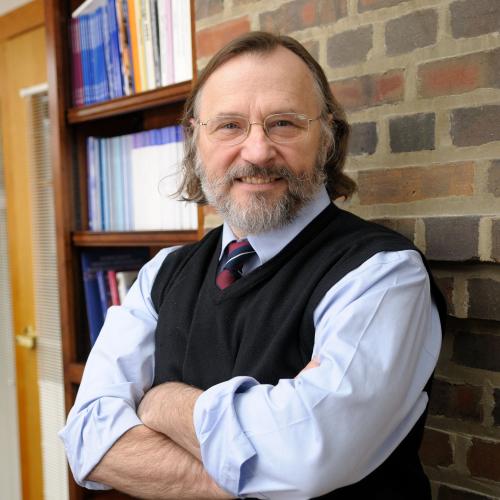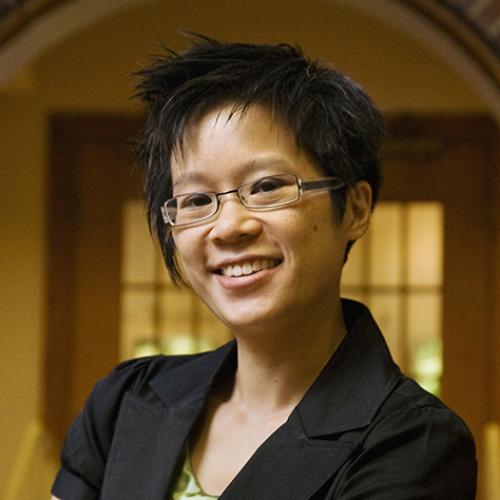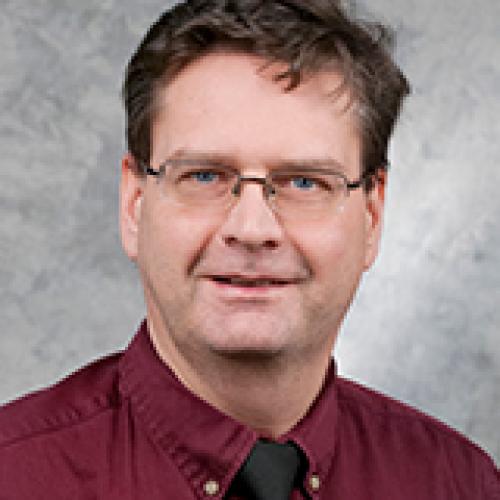


iSchool researchers presented their work at Balisage, an annual conference devoted to the theory and practice of descriptive markup and related technologies for structuring and managing information. The conference, which attracts markup practitioners and theoreticians worldwide, was held virtually from August 2-6.
In "Presentational Markup: What's Going On?," Professor Allen Renear and Associate Professor Bonnie Mak drew attention to the ways in which punctuation, rhetorical style, and layout have long been recognized as important to the transmission of text. Yet, they argue, research on encoding texts for computer processing remains heavily skewed towards the underlying abstract syntax of documents. Given the significance of paratextual and non-syntactic elements in the transmission of text, Renear and Mak offer some approaches to understanding these features within a broader theory of textual communication.
Renear's research focuses on the development of formal ontologies for scientific and cultural objects and application of those ontologies in information system design, scientific publishing, and data curation in the sciences and humanities. He is currently the special advisor for strategic initiatives in the Office of the Provost. Renear received a PhD in philosophy from Brown University.
Mak's areas of research include the history of information practices and the aesthetics of information. She holds appointments in the iSchool, History, and Medieval Studies at the University of Illinois. Mak received a PhD in medieval studies from the University of Notre Dame.
PhD student Michael Gryk presented "Deconstructing the STAR File Format," in which he discussed the STAR (self-defining text archival and retrieval) file format. According to Gryk, "STAR encompasses both a model of information and a syntax for serializing it. If we can decouple the model from the syntax, we can understand STAR better and develop an alternate serialization format in XML."
Gryk's research interests include scientific data management, computational reproducibility, data curation, workflows and provenance, and information organization, representation, and access. He earned his PhD in biophysics from Stanford University and MS in chemistry from the University of Connecticut.